Well, a significant concern for all parents who have toddlers at home is, ‘What is the right age for kids to start preschooling?’ Most schools, though, admit kids at 18 months to 2.5 years, but that might not be the best time to start Pre schooling of your kid. It is okay to start preschooling anytime until 4 years of age.
While most kids are sent to school at around 2 years of age, yet, others may get ready for school a little later. Instead of going by age, the parents must look at the developmental milestones of each child to start schooling. Following article will help you in answering What is the best age for kids to go to preschool?
Ways to Decide If Your Child Is Ready to Start Preschool
Here are a few parameters that will help to decide when to start schooling for a child?
1. Communication skills
Small kids must be able to express themselves to others about their needs. Your kid must start schooling when he or she can express basic needs such as going to toilet, feeling thirsty, feeling hungry, not feeling well, etc.
Once your kid starts expressing the basic needs, then it is much easier for school staff to handle such kids. And kids, when are well attended, tend to settle down faster in a new school environment.
So, you must wait till your kids start to talk and express the basic needs. Poor social behaviour, like pulling hair, hitting, scratching, or biting, often comes up when the kids are not able to express themselves by talking.
So, it is always better to wait rather than hurrying your kid into a preschool. Moreover, you must not go by what others are doing. If another kid in your neigbourhood started preschooling as early as in 18 months, it does not necessarily mean that even your kid is ready for it.
2. Physical Development
Wait till your child can walk and run around comfortably. He or she should be able to maintain the right balance while walking around.
Your kid should also have fine motor skills or gross motor skills to be able to handle the classroom and playground equipments and tools.
Some schools admit kids as early as 18 months or even sooner, but you must wait till your toddler has appropriate physical skills to be able to move around independently.
3. Social Skills
Babies take one step at a time. Till two years of age, toddlers usually prefer their parents as playmates. Sometimes, they may have a fun time with others, such as grandparents, but usually, they prefer clinging on to their moms.
The tendency to cling starts to disappear post 18 months of age when kids become increasingly aware of their surroundings and start noticing other kids as well.
Till up to 20 months, kids are usually seen engaged in parallel play. Parallel play is when your kid prefers sitting next to other kid, but each is involved in playing with their own toys.
If your kid is engaged in parallel play, then usually, it is an indication that your kid is not ready to socialise still and may take time. However, kids usually learn to socialise in the preschools only when they get exposed to their playmates.
Though social skills develop as and when a toddler starts schooling, yet having good social skills help the toddlers settle down faster in schools as they love the company of playmates.
4. Separation Anxiety
If your baby is around 18 months or younger, then he or she is liable to experience great separation anxiety. Slightly older kids of around 2 years of age are still able to settle down faster without parents.
If your child is too clingy and starts crying on losing your sight even for a few minutes, then it indicates that your baby is still not ready for schooling.
If your baby is happily playing when you are doing house chores or is happy in the company of others like family members or neighbours while you are cooking inside, then it indicates the baby is ready for schooling.
5. Potty trained
It is important to potty train your kids at home before sending them to preschools. Though, preschools help the small kids to get potty trained, yet, parents need to potty train kids before sending them to school.
This also ensures better hygiene for the kid.
6. Naptime
Some kids who wake up early end up taking a late morning nap between 10 to 1 Am. In such cases, it would not be wise to join kids to preschool, as kids get very cranky if they are not allowed to sleep.
Though, most preschools have beds ready for kids to take a nap, yet, your kid may not be as comfortable to sleep at school as he or she is at home. Moreover, good undisturbed sleep is extremely crucial for your child’s development. When kids sleep, their bodies release Growth Hormone, which helps in their growth, development, and weight gain.
Schooling can always wait. You must never push your child into it. Your child’s healthy growth and development is of utmost priority.
These were some of the important insights that must be considered while admitting your kids into a preschool. Let this whole transition of leaving home and going to school be a happy one. Of course, all kids cry for a few days when they start schooling, but those who are ready tend to settle down much faster than otherwise.
In this complex world, we already live in anxiety and stress. So, let us not add more to it. What is the hurry? Your small baby has just come into the world, let every transition of his be smooth and joyous. And, as parents, you must utilise this time to teach new words or rhymes to your kid at home, as the home is your child’s first school.
Moreover, the more time your child spends at home, the stronger the bonding gets with you. It is said that when a mother teaches a child something, it has a far more profound impact on the child. So, let those first teachings come from you as these little teachings will go a long way in shaping your child’s behaviour, personality, and attitude.
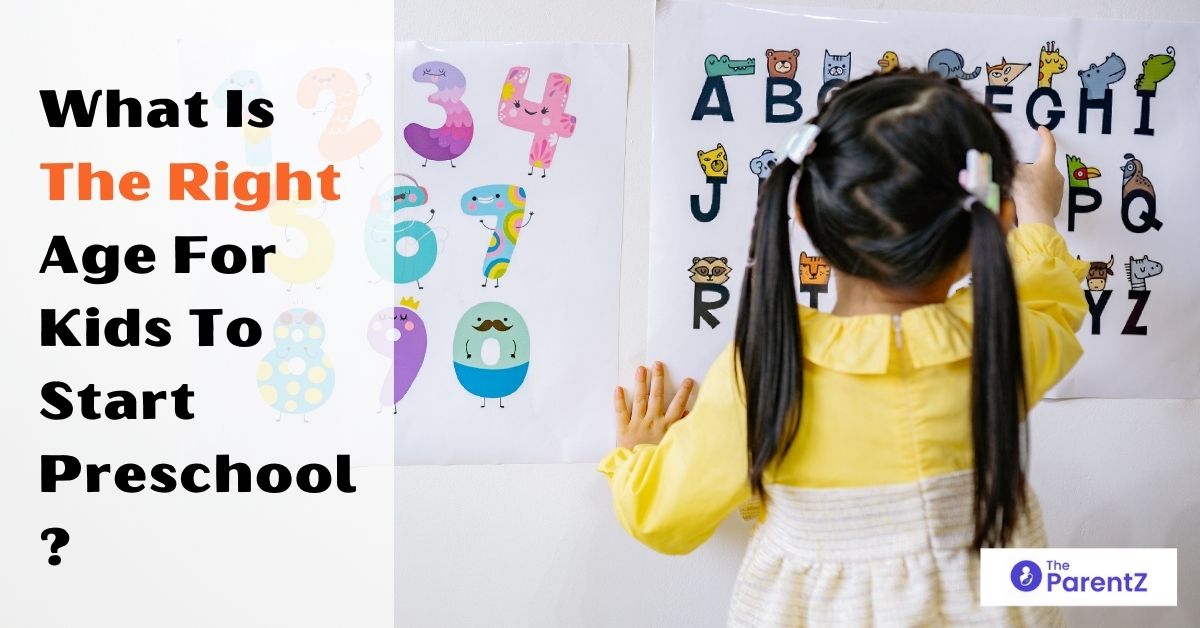

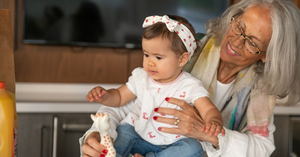
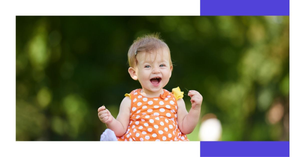

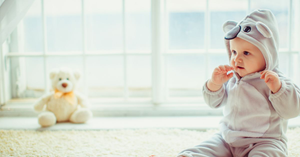
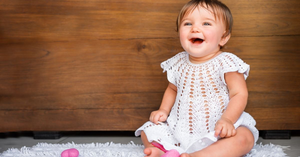

Be the first one to comment on this story.